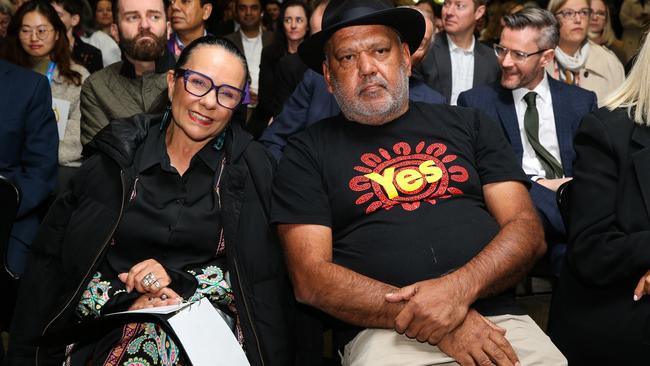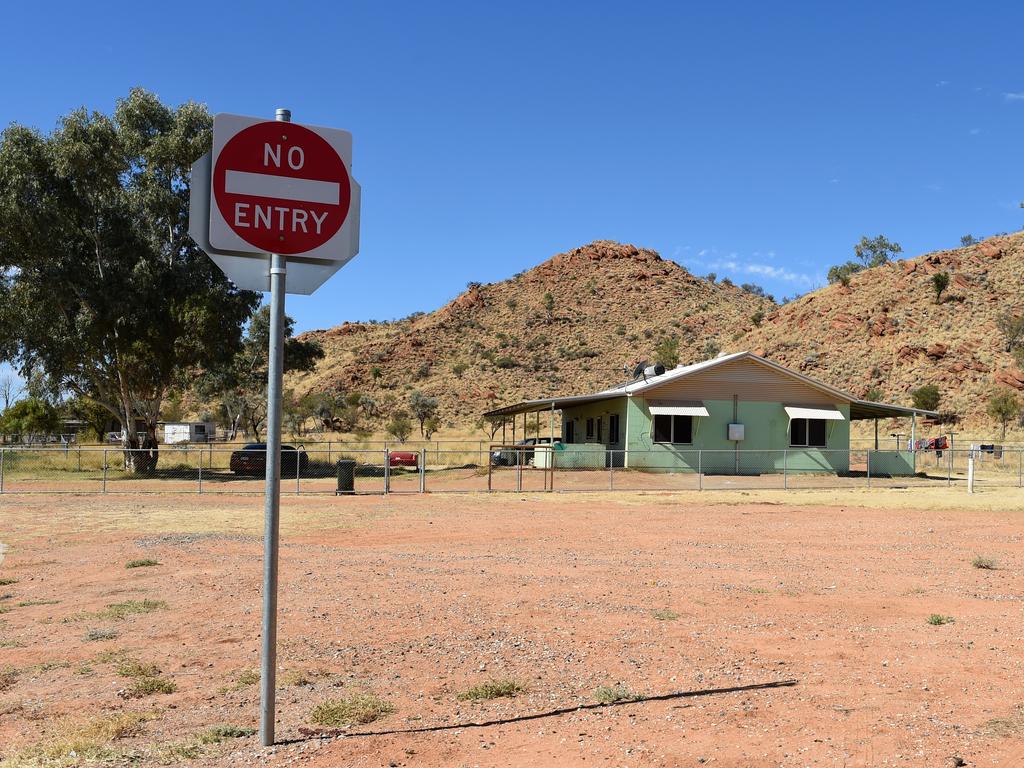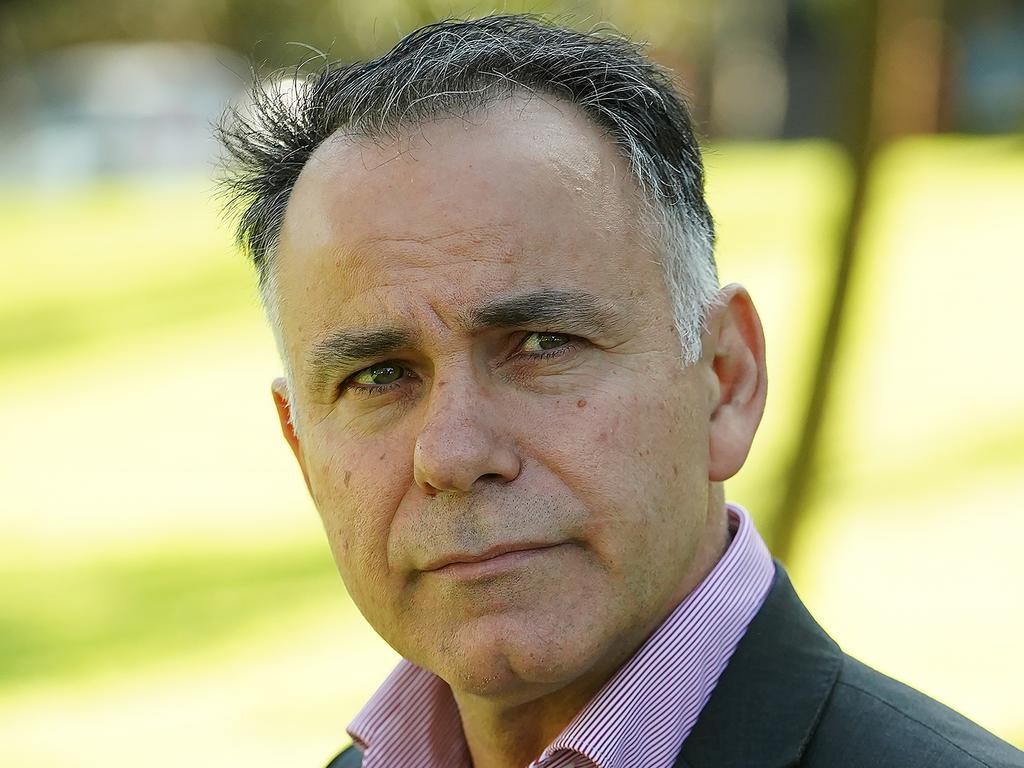Indigenous voice to parliament: Say Yes to embrace future of hope for our First Nations

The choice is simple: we can take the next step forward as a nation by embracing practical reconciliation or we can choose to close the door on recognition for Indigenous Australians.
Embracing this moment, and choosing yes for constitutional recognition through a voice is our best chance of addressing the injustices of the past, and create structural change that will ensure Indigenous communities are listened to, so we can get better results.
Saying no means accepting an unsatisfactory status quo. It means accepting that things can’t get better. It means accepting an eight-year gap in life expectancy. It means accepting poorer health and educational outcomes for Aboriginal and Torres Strait Islander people.
The harsh reality is that only four out of 19 Closing the Gap targets are “on track”; doing more of the same is a path to nowhere.
Contrary to claims by the No campaign, members of the voice will not be appointed by government, nor will it comprise of so called “elites”.
The voice would be a committee of Indigenous Australians, selected by Indigenous Australians to give advice to government. It will include Indigenous Australians from every state and territory, the Torres Strait Islands and representatives from the regions and remote communities.
The No campaign has tried to mount a scare campaign about what representations the voice may make to parliament and the government. But Australians are commonsense people with a strong BS detector. So when the No campaign tries to claim the voice will have a say on everything from AUKUS submarines to parking tickets, Australians’ BS detector starts blaring.
As the Minister for Indigenous Australians, I will ask the voice to consider four main priority areas: health, education, jobs and housing. These are key areas I believe require urgent advice and input from the voice, in order to inform policymaking in Indigenous communities.
The voice will be tasked with taking the long view; it won’t be subject to short-term political thinking from Canberra.
Recently, a Productivity Commission report showed how the current top-down, business-as-usual approach isn’t working. The PC concluded we need to consult, involve and empower First Nations communities to deliver solutions that work in their communities. The voice will help shift the approach from top-down to bottom-up solutions.
It is often said we live in cynical times. That a steady stream of outrage and a seemingly never-ending tide of bad news has meant people are less open to the possibility of change. But I have never believed that. I have always believed Australians look to the future with hope.
The idea of the voice comes from Aboriginal and Torres Strait Islander people themselves, through the years of consultation that culminated with the Uluru Statement from the Heart in 2017. At its core the Uluru Statement from the Heart is a statement of hope – a gracious request for all Australians to walk together to a better future.
In the words of Noel Pearson:
“The Uluru Statement from the Heart is about faith in the possibilities, faith in the Australian people, faith against so much history undeserving of faith. How can a people against whom so many faithless acts were performed over two centuries revive a faith in their own country?
“From the bowels of despair about our place in this country, we have an expression of hope for the future. And love.
“This is about bringing the country together. It is about a love for our own country, notwithstanding the lack of love that our people have experienced for too long in this, our own home.”
On October 14, let’s choose hope for a better future. Let’s choose to close the gap, and not close the door on recognition for Indigenous Australians.
Let’s vote yes for a voice.
Linda Burney is Indigenous Australians Minister.






With the date of the referendum set, many Australians are now turning their attention to the choice they will make in just six weeks. On October 14, Australians will be asked a simple question: Do you support a change to the Constitution to recognise the First Peoples of Australia by establishing an Aboriginal and Torres Strait Islander voice?